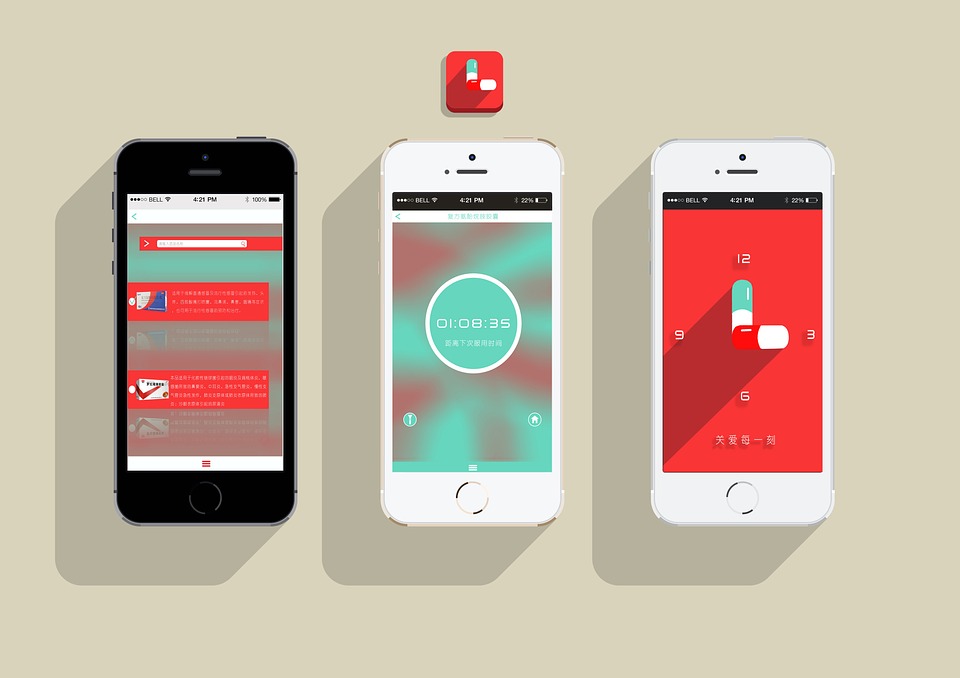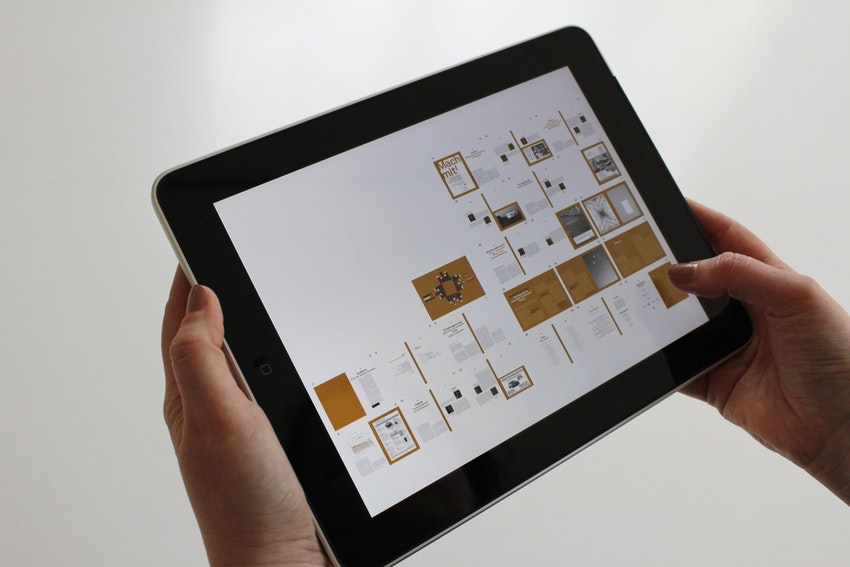Talks and discussions centered on the potential takeover by smartphones for all practical Internet use purposes by consumers have been going around for many years. In 2016, for example, the global mobile search traffic surpassed desktop traffic for the first time, marking the beginning of the mobile-first era for marketers across the globe. Also, the next big step in the same direction is not far away. Google is all set to make mobile the first priority while ranking websites on its search engine. The indication is clear — marketers need to focus on mobile. To reach out to the modern consumer, companies need to capture their attention via mobile computing devices. This is where hybrid apps become vital.
Need for hybrid apps
Before we go any further, let’s understand some facts.
- A 2016 Global Index report reported that the digital consumer uses an average of 3.64 devices.
- OfCom Communications Market report suggests that U.S. adults spend roughly 87 hours per month browsing the Internet on mobile devices.
- Desktop navigation has fallen to 30 hours per month.
These facts mean that a consumer uses multiple devices to access web services. Brands, correspondingly, need to focus on delivering seamless experiences. Hybrid apps are right at the top of the list of practical media options that brands have available for this.
What are hybrid apps?
Before that, let’s spend some time on native apps. These are built using platform specific programming languages. For iOS apps, for instance, Objective-C is used, and Java is used for Android. These apps can use the native functionalities of mobile devices and their operating systems.
Commonly used native functionalities include file system access, user interface elements, and GPS. Because of this, the user experience offered by native apps is consistent, and the app performance is pretty good because it’s built for a specific environment.

Hybrid apps are different. They are made to deliver seamless experiences across platforms. They are, in fact, just web apps packaged in native web view, rendered via the smartphone’s native browser. The frameworks used to develop these apps make them special.
For instance, their framework enables hybrid apps to use native functions of mobile devices across platforms. Some of the hybrid app frameworks are so easy to learn that anybody with basic HTML, CSS, and JavaScript knowledge can start building hybrid apps using them. Anybody but Harry Solomon from “3rd Rock from the Sun” or Dauber in “Coach” — these dense TV characters are probably not ever going to learn this!
Now, let’s understand the business benefits these hybrid apps deliver, particularly compared to native apps.
Unified development
The single biggest business case for hybrid app development is the fact that using the this approach, a business can avoid the need to develop multiple native apps for each platform. The amount of money they can save is substantial. Developing and maintaining multiple code bases can be challenging for companies, and that’s where hybrid apps solve their problems.
The single version can do the heavy lifting for them and make sure that seamless customer experiences are delivered across platforms. The low cost of development contributes to larger and quicker ROIs. Small businesses, in fact, can hardly afford the proposition of at least three native apps (Android, iOS, and Windows), and must consider hybrid apps as a smart alternative.
Ease of integration
Hybrid apps are truly scalable from a developer’s perspective. The code, for instance, can be easily completed in one language, and then adapted for use with other platforms. This enables, for instance, Android and iOS apps to easily adjust for progressive web apps and desktop applications. The only difference here, for a developer, is that the final destination for the app is not a web browser, but a WebView wrapped in a native container. This is why hybrid apps are able to access native functionalities of the platform.
Speed to market
We are living in an era where speed to market often becomes the differentiating factor for similar services. The minimum viable product (MVP) approach has proven its worth in many digital businesses and continues to find takers among enterprises.
For any business that needs its app to be live on the app stores quickly, hybrid app development often becomes the only practical option. This enables market penetration across platforms for small businesses, helping them take a shot of getting a competitive advantage before a larger player can react.
Consistent user experiences
When users access a website on different devices, using each device’s specific browser version, there can be significant differences in the look and feel of the website. This inconsistency in UX is not sunny from a branding perspective. Hybrid apps solve this problem.
The customer is able to experience the capabilities of the mobile platform in use along with the standard application features via a hybrid app. If the application needs to be updated in the future (which almost certainly will happen), the developers can push the changes on all platforms, enhancing UX. When customers switch from one platform to another, the UX remains consistent via hybrid apps.
Offline use

Hybrid apps can be developed to store some of the data offline. This can truly enhance the user experience of customers stuck with low connectivity or inadequate Internet connections. In this manner, hybrid apps are even able to overcome situational platforms limitations, delivering enriched user experiences to end consumers, enhancing the brand’s reputation.
Trouble-free upgrades
Just like unified development, hybrid apps deliver the benefit of unified upgrades as well. For instance, developers have access to plugin libraries they can be used to implement upgrades in hybrid apps. More importantly, these upgrades are immediately pushed to all platforms in real time, because of the use of web pages for UI elements.
Technological advancements in programming tools are enabling developers to overcome the traditionally cited examples of challenges of hybrid app development. Plugins are helping developers easily implement complex hybrid app upgrades across platforms. Device hardware, also, in general, is becoming potent enough to support the complexities of hybrid apps. Considering all this, along with the stellar business advantages, hybrid app development is here to stay.
Photo credit: Shutterstock



